
In Index, a pattern of death, a roadmap for solutions
Gerardo Ortega’s news and talk show on DWAR in Puerto Princesa, Philippines, went off as usual on the morning of January 24, 2011. Ortega, like many radio journalists in the Philippines, was outspoken about government corruption, particularly as it concerned local mining issues. His show over, Ortega left the studios and headed to a local…
Tax story shows investigative reporting alive in Pakistan
Umar Cheema, a CPJ International Press Freedom Award winner in 2011, was a strong runner-up for this year’s Osborn Elliott Prize for Excellence in Journalism on Asia, awarded for the last 10 years by the Asia Society in New York. Umar’s report, Representation Without Taxation, analyzed the tax returns of Pakistani members of parliament for…
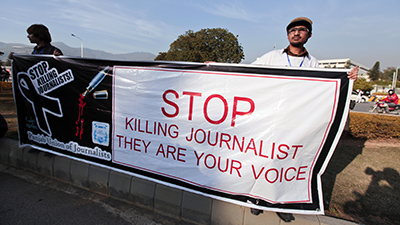
Pakistan’s new effort to improve safety, combat impunity
Representatives from 40 Pakistani and international press groups, development organizations, and media houses came together in Islamabad last week to discuss ways to better protect local journalists at risk of violence, and means to combat the virtually perfect record of impunity that assailants enjoy in this country. It’s none too soon. Three journalists have died…
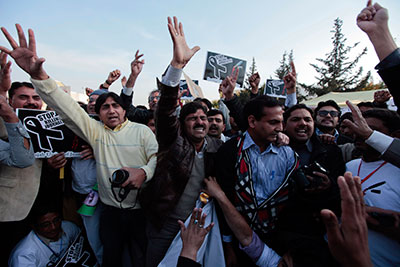
From Islamabad to Hyderabad, journalist safety at issue
Owais Toheed, head of ARY News, cancelled his speaking slot for Wednesday at the conference I’m attending in Islamabad. Organized by UNESCO, the Open Society Foundations, Intermedia, and International Media Support, the meeting’s title says it all: International Conference on Safety and Security of Journalists in Pakistan. The reason Toheed couldn’t attend is because he…
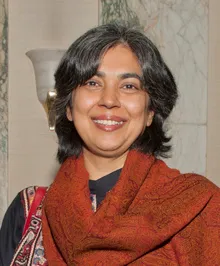
Remembering Ayesha Haroon, editor who embraced facts
The highly respected Pakistani editor Ayesha Haroon first came to CPJ’s New York office in July 2011, along with her husband, Faisal Bari, and Absar Alam, both of whom work for the Open Society Foundations. We talked about ways to confront the dangerous conditions facing Pakistani journalists. It was a bad year: Seven journalists would…
Pakistan’s problematic record on Internet restrictions
The fleeting nature of YouTube’s availability in Pakistan this weekend–the site, which has been banned in the country since September, was unblocked for a whole three minutes–is only the latest emblem of Islamabad’s erratic and confounding approach to Internet censorship. Those who have been hoping for less opaque tactics apparently are in for disappointment.
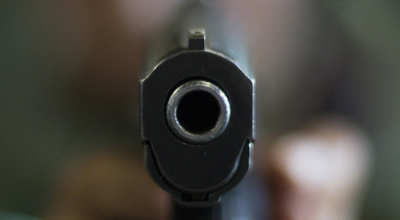
Journalists still murdered where impunity reigns
Almost half of the 67 journalists killed worldwide in 2012 were targeted and murdered for their work, research by the Committee to Protect Journalists shows. The vast majority covered politics. Many also reported on war, human rights, and crime. In almost half of these cases, political groups are the suspected source of fire. There has…
Pakistanis address violence on Pakistani journalists
There is an absolutely terrific seven-part special report by The News on Sunday on Pakistan’s problem with the killing of journalists and the impunity surrounding their deaths. It’s written by and for Pakistanis, with compelling direction from Adnan Rehmat of Intermedia Pakistan–and not only describes and analyzes the problem, but offers approaches to potential solutions.
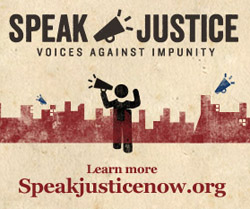
Speak Justice campaign fights impunity in press murders
The tortured and decapitated body of 39-year-old María Elizabeth Macías Castro was found on a Saturday evening in September 2011. It had been dumped by the side of a road in Nuevo Laredo, a Mexican border town ravaged by the war on drugs. Macías, a freelance journalist, wrote about organized crime on social media under…
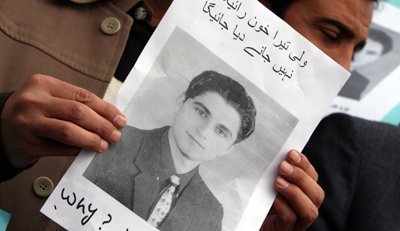
In Karachi, a trail of death and impunity in Babar case
Haider Ali, an eyewitness to the 2011 murder of Geo TV reporter Wali Khan Babar, was gunned down on Sunday, two days before he was set to testify in the trial of five suspects. The murder sent shockwaves across Pakistan–one of the deadliest countries in the world for journalists and one of the worst in…